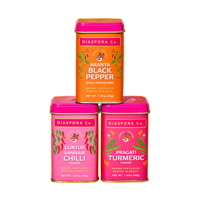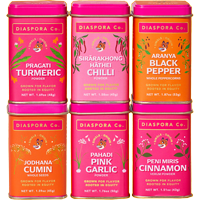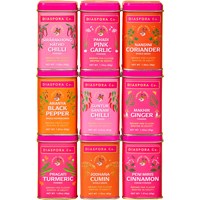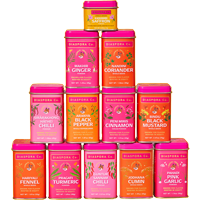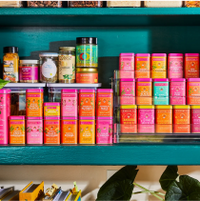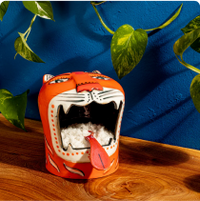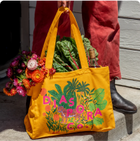I first tried to source organically farmed Indian green cardamom in the spring of 2018…
I called all my contacts at the Indian Institute of Spice Research and the Cardamom Research Institute, and put the word out amongst my network of South Indian farmers and their farm adjacent nosy aunties and uncles. I spent most of the summer of 2018 collecting samples from deeply enthusiastic estate holders. But every scientist I got on the phone with was giving me a very different story, one of my most trusted resources Dr. Vijayan, went so far as to tell me that being unable to grow high quality organic cardamom on a commercial level was the one big failure of his very illustrious career. He bluntly walked me through the process by which big commercial cardamom growers are able to cheat the organic certification process and until recently had gotten away with selling pesticide ridden cardamom to the global market as pesticide free. Sure enough, every single lab result we sent for came back with pesticide residue.
So when I got a call from Mr. Abraham Chacko, a farmer bang the middle of the cardamom hills- the region where commercial and corrupt cardamom agriculture is at its worst, I didn’t believe him. But he was persistent- sending me heart melting sunset selfies with his desi cows, and mailing me a sample so big it cost a fortune just to courier to our lab. His test result came back completely blank?! I’d seen a couple cardamom labs come back with organic approved pesticides on them before, but I’d never seen a blank lab report! I booked a flight to visit him the next day.
Abraham started farming over 20 years ago on his family estate with little success, slowly more and more of his relatives left farming for other industries. However, two years ago, a few years into adopting a hybrid low budget biodynamic farming model - he started noticing some of his cardamom plants doing much better than others. He began selectively breeding these older, hardier plants that were bearing healthy fruit, and withstanding the pests that usually devastate organic cardamom cultivation. His estate is unlike any commercial farm I’ve ever visited - it's truly a wild food forest, with cardamom growing wild alongside pepper vines, the occasional accidental coffee bush and lots of wild greens, butterflies and bees everywhere. Where other farmers obsessively weed and add to their soil, Abraham mostly leaves his plants alone.
The resulting cardamom seeds are fruity, incredibly potent, with a lasting fragrance. I could already imagine the kadak, spicy cups of chai, or the aromatic, heady pastries we could make with them!
Abraham has tried to sell his cardamom at the local auction house for years - but commodity cardamom is chosen based on size and color alone, factors that have no relation to their taste or quality. His paler, smaller pods fetch a low price, and since the auction houses are usually financed in some part by pesticide and fertilizer companies, there is no market for anything grown organically - in the cardamom hills, growing pesticide free is looked down upon as naive and whimsical.
The commodity price of cardamom is 15x the price of every other spice on the Indian spice market. After saffron and vanilla, it's the most expensive spice on the market. To fund our first harvest with Abraham, we raised $58,000+ in April 2019 via Kickstarter with the help of our community!






